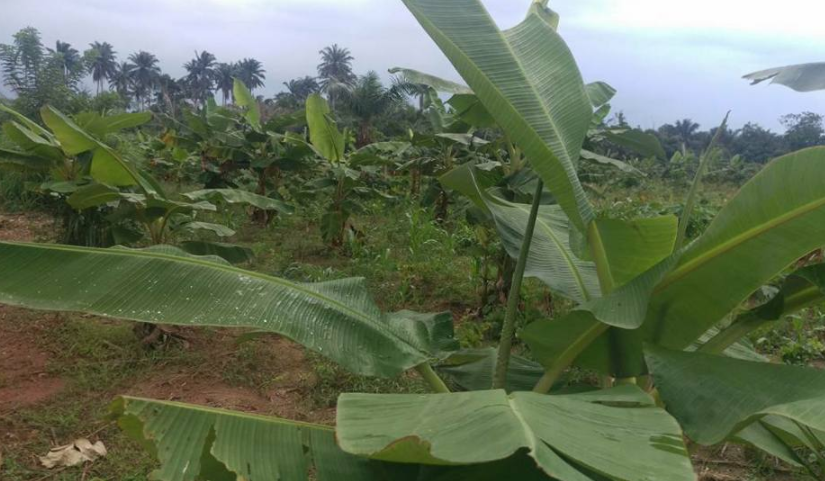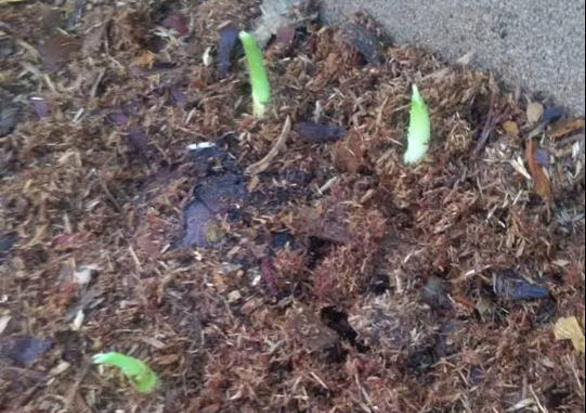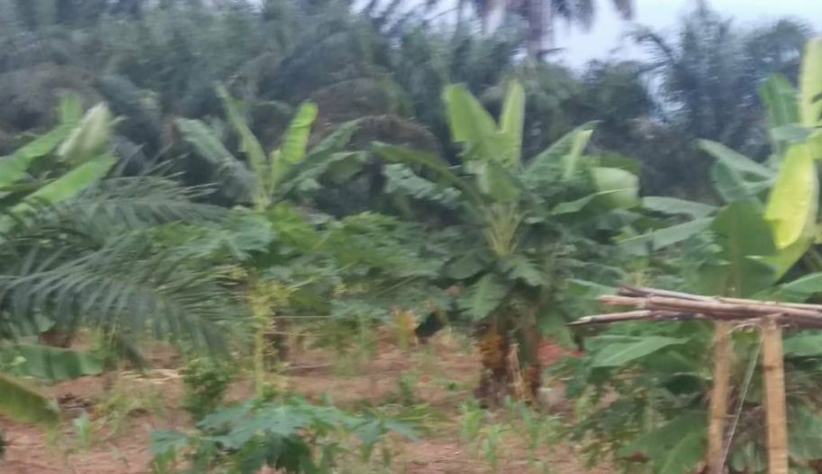Do you desire to be a millionaire? And you are ready to become one the smart way? Do you desire to be your own boss, working at your own pace while living the good life?
Dr Festus Okubor, immediate past Chief of Staff to ex-Governor Emmanuel Uduaghan of Delta state, think you should try planting a 1000 plantain suckers farm and three harvest seasons from now, voila, you are a millionaire.
But you need a few things, the most important of which is your zeal to work hard and make it big. Then you need an equivalent of two acres of land; and finally, you need to plant 1000 suckers of plantain. That is it. It is that simple, if Dr Okubor is to be believed.

According to Dr Okubor, who was also a two-time commissioner in Delta state, the mathematics gained from his personal experience proves his optimism. To him, plantain is a highly profitable crop that can indeed create a second economy, after oil and gas, in Nigeria, and particularly in Edo and Delta states.
 He believes that plantain plantation is a veritable avenue to empower our teaming youths who are seeking non-existent white collar jobs. He says instead of wasting time and years in seeking the ever elusive jobs, uncles, brothers, communities and indeed, state governments can use this as an avenue to empower their youths.
He believes that plantain plantation is a veritable avenue to empower our teaming youths who are seeking non-existent white collar jobs. He says instead of wasting time and years in seeking the ever elusive jobs, uncles, brothers, communities and indeed, state governments can use this as an avenue to empower their youths.
In his words, “with a gift of 1000 plantain or banana suckers, you will take a youth permanently out of unemployment and poverty and actually turn him to a rich man in three years; and an employer of labour. Enough of complaining; let’s start doing.”

Speaking further, the former Chief of Staff, said: “Remember the banana republics of yore? To create a plantain and banana economy in Delta and Edo states will virtually take out all the youths from unemployment. I am committed to this and take the first step to instal macro-propagators in my farm. With these, I am in a position to supply all the needed suckers, disease resistant, high yield and short species. We can do it.
“Join me to mobilise the states and agencies and individuals to create the second economy to oil and gas, that is surer to eradicate unemployment, certain to make its farmers rich and catalyse industrialisation,” he noted.
 On how just 1000 suckers currently valued at a mere N100,000 can make one rich in three years, Dr Okubor volunteered the following: “with 1000 plants today, you are sure to harvest at least 1000 bunches monthly in 3 years. Ask your agric-economists in your area to confirm or disprove this assertion.”
On how just 1000 suckers currently valued at a mere N100,000 can make one rich in three years, Dr Okubor volunteered the following: “with 1000 plants today, you are sure to harvest at least 1000 bunches monthly in 3 years. Ask your agric-economists in your area to confirm or disprove this assertion.”
Breaking this down, he says at four metres pacing, you will need two hectares of land. “I do three metres spacing. Plantain multiplies exponentially. So by harvest, which is ten months, 1000 will give you 4000 suckers. By the second harvest, you will have 16000 and by the third circle, you will have 64,000.
“Nature spaces the emergence of suckers such that after three circles, you have for monthly harvest, the number you started with.”
Speaking on the cost of the suckers, he said they are cheap. “A sucker costs N100 only. A bunch of plantain costs at least N1000 today. There is no back breaking weeding, so the youths can accept it.
With or without fertiliser, it will produce. It is advised to get more land to transfer suckers by the end of the second circle to avoid clustering and ensure good bunches. With diligence, one person can maintain two hectares (actually 1.6 hectares).”
According to Dr Okubor, whose farm, Ewere Farms, is currently mass producing suckers, “psycho-socially, it is also easier to show the youths the money or profits involved and so secure their interest. Equipment for processing to powder or starch is available and not expensive. A bunch of N1000 processed, will yield N6,000 as plantain amala and N10,000 as pharmaceutical grade starch.”
As a mass empowerment programme, he says, “government can clear land enough for 100 persons, for example, 200 hectares and multiples as may be done and empower the young men and women individually with 1000 suckers. Thereafter, they can be formed into cooperatives for ease of access to extension services, marketing and finance for further growth. Give them three years tax exemption but capture them in the tax net by the fourth year.
“As cooperatives, it is easier to get funding for processing plants or attract investors for same. With focus, we can create a solid, second economy in seven years where there will be no youth unemployment and where prosperity would have been democratised,” he enthused jubilantly.


